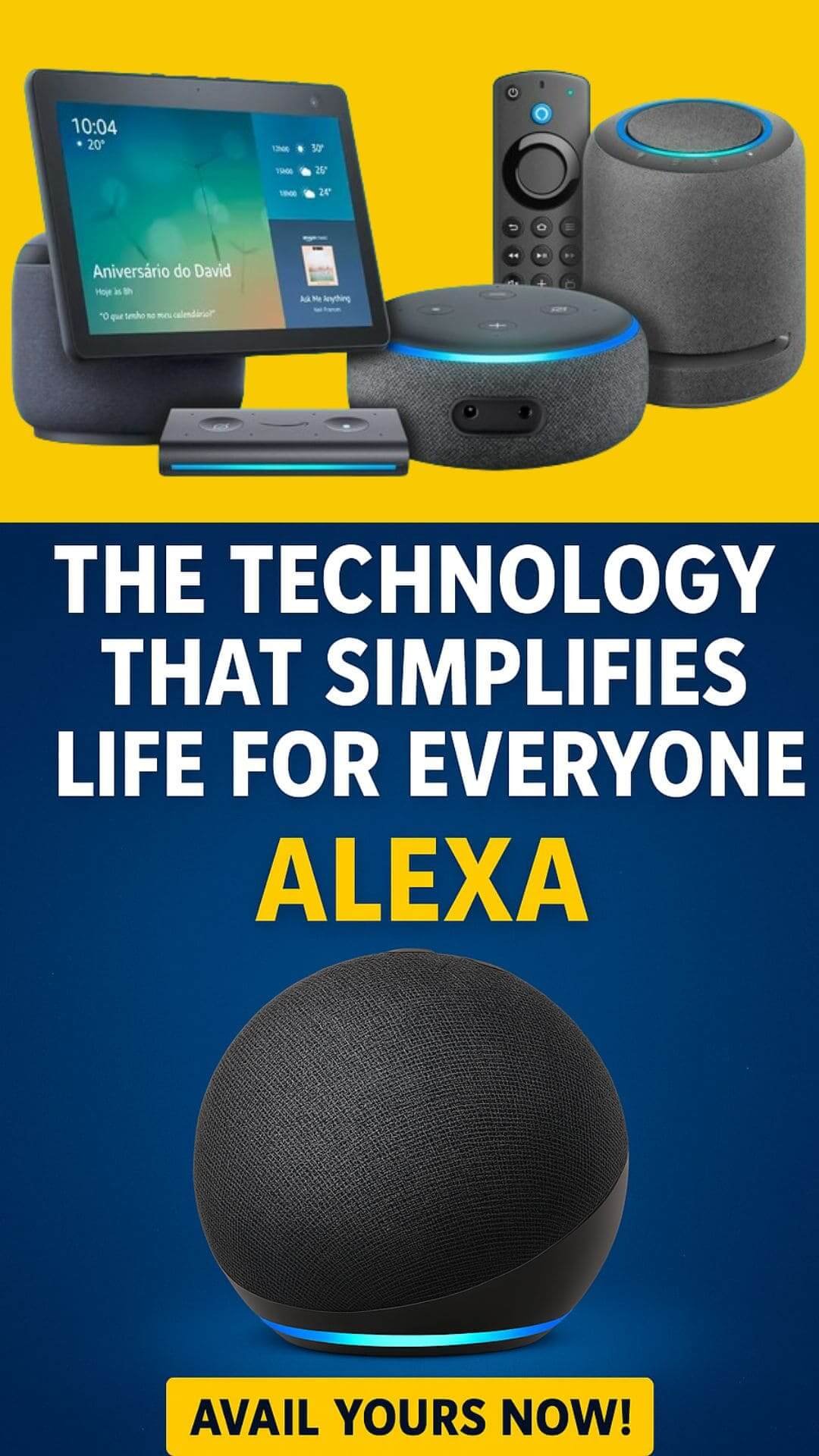Understanding Alexa’s Voice Technology
Índice
- Understanding Alexa’s Voice Technology
- Comparison with Google Assistant
- Siri’s Voice Recognition Features
- Microsoft’s Cortana and Its Limitations
- Nuance Communications and Dragon NaturallySpeaking
- Voice Recognition Accuracy and Speed
- Language and Dialect Support
- Privacy and Data Security
- Future Developments in Voice Technology
Amazon’s Alexa boasts a sophisticated voice recognition technology that sets it apart in the competitive landscape of smart assistants. The technology harnesses advanced machine learning algorithms and natural language processing, enabling Alexa to understand and respond to complex voice commands with remarkable accuracy. Unlike many of its competitors, Alexa continuously learns from user interactions, adapting to individual speech patterns and preferences over time, which enhances its overall performance and user satisfaction.
Comparison with Google Assistant
When examining how Alexa’s voice technology compares to Google Assistant, one must consider the underlying platforms. Google Assistant leverages Google’s vast search engine capabilities, allowing for an extensive knowledge base. However, Alexa excels in smart home integration, seamlessly connecting with various devices and services, which is a crucial factor for users seeking a smart home ecosystem. Additionally, Alexa’s Skills feature provides a wide range of third-party applications that enhance its capabilities, further distinguishing it from Google Assistant.
Siri’s Voice Recognition Features
Apple’s Siri is another major competitor in the voice technology arena, but it operates differently than Alexa. Siri’s voice recognition is tightly integrated with iOS devices, offering a smooth experience for Apple users. However, Alexa’s extensive compatibility with various brands and devices gives it an edge in versatility. While Siri is proficient in performing tasks on Apple devices, Alexa’s ability to control a multitude of smart home devices and its expansive Skill set cater to users looking for comprehensive smart home solutions.
Microsoft’s Cortana and Its Limitations
Microsoft’s Cortana, once a strong contender in the voice assistant space, has seen a decline in usage and support. Although it initially offered impressive voice recognition capabilities, Cortana’s functionality has been limited as Microsoft shifted its focus towards integrating AI into its productivity tools. In contrast, Alexa continues to thrive as a dedicated voice assistant, actively evolving with new features and updates, ensuring its relevance in an ever-changing market.
Nuance Communications and Dragon NaturallySpeaking
Nuance’s Dragon NaturallySpeaking represents a different approach to voice technology, focusing on speech recognition for dictation and transcription rather than a conversational assistant. While Dragon excels in accuracy for professional use, it does not offer the interactive capabilities of Alexa. Users seeking a voice assistant for everyday tasks and smart home control will find Alexa’s conversational style and extensive functionality more appealing than the specialized offerings of Dragon.
Voice Recognition Accuracy and Speed
One of the key metrics in comparing voice technologies is accuracy and response time. Alexa typically performs exceptionally well, with research indicating higher accuracy rates in noisy environments compared to some competitors. Its ability to process commands quickly ensures a seamless user experience, making it a preferred choice for those who value efficiency in their smart home interactions. Continuous updates and improvements in voice recognition algorithms further enhance Alexa’s performance.
Language and Dialect Support
Alexa’s voice technology supports multiple languages and dialects, making it accessible to a diverse global audience. This multilingual capability is essential for users who may not speak English as their first language. While competitors like Google Assistant also offer language support, Alexa’s ongoing expansion into various languages and regional dialects demonstrates its commitment to inclusivity and user convenience.
Privacy and Data Security
In today’s digital age, privacy concerns are paramount for users of voice technology. Amazon has implemented several measures to ensure that users feel secure when interacting with Alexa. Users have the ability to manage their voice recordings and delete them if desired. In contrast, some competitors have faced scrutiny over data handling practices. Alexa’s transparency regarding user data management instills confidence in users, making it a trusted choice in the voice technology market.
Future Developments in Voice Technology
As voice technology continues to evolve, Alexa stands at the forefront of innovation. Amazon’s investment in AI and machine learning is evident in the ongoing enhancements to Alexa’s capabilities. With the integration of new features such as advanced contextual understanding and multi-turn conversations, Alexa is poised to remain competitive against emerging technologies and competitors. This commitment to continuous improvement ensures that Alexa’s voice technology will adapt to meet the needs of users in the future.

